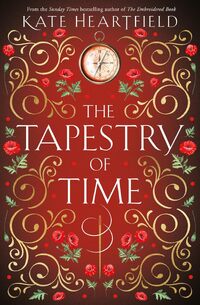

Purchase
Social Science, Social Policy, and the Poor in Twentieth-Century U.S. History
Princeton University Press
August 2002
On Sale: August 12, 2002
392 pages
ISBN: 0691102554
EAN: 9780691102559
Paperback (reprint)
Add to Wish List
Non-Fiction
Progressive-era "poverty warriors" cast poverty in America
as a problem of unemployment, low wages, labor exploitation,
and political disfranchisement. In the 1990s, policy
specialists made "dependency" the issue and crafted
incentives to get people off welfare. Poverty Knowledge
gives the first comprehensive historical account of the
thinking behind these very different views of "the poverty
problem," in a century-spanning inquiry into the politics,
institutions, ideologies, and social science that shaped
poverty research and policy. Alice O'Connor chronicles a transformation in the study of
poverty, from a reform-minded inquiry into the political
economy of industrial capitalism to a detached, highly
technical analysis of the demographic and behavioral
characteristics of the poor. Along the way, she uncovers the
origins of several controversial concepts, including the
"culture of poverty" and the "underclass." She shows how
such notions emerged not only from trends within the social
sciences, but from the central preoccupations of
twentieth-century American liberalism: economic growth, the
Cold War against communism, the changing fortunes of the
welfare state, and the enduring racial divide. The book details important changes in the politics and
organization as well as the substance of poverty knowledge.
Tracing the genesis of a still-thriving poverty research
industry from its roots in the War on Poverty, it
demonstrates how research agendas were subsequently
influenced by an emerging obsession with welfare reform.
Over the course of the twentieth century, O'Connor shows,
the study of poverty became more about altering individual
behavior and less about addressing structural inequality.
The consequences of this steady narrowing of focus came to
the fore in the 1990s, when the nation's leading poverty
experts helped to end "welfare as we know it." O'Connor
shows just how far they had traveled from their field's
original aims.
Comments
No comments posted.
Registered users may leave comments.
Log in or register now!
| 


 © 2003-2025 off-the-edge.net
all rights reserved Privacy Policy
© 2003-2025 off-the-edge.net
all rights reserved Privacy Policy